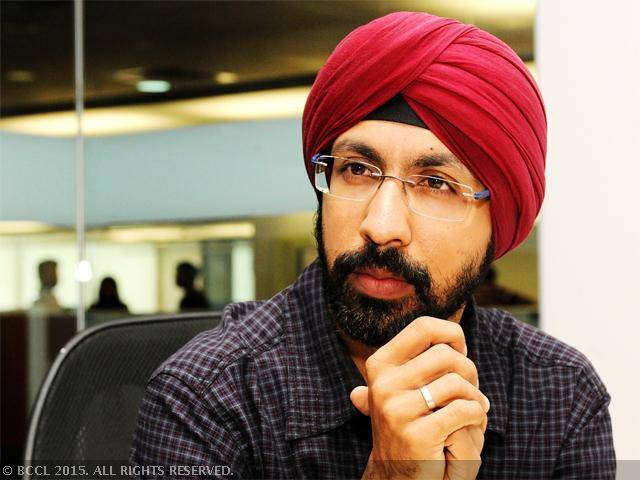Over the last year, Indian companies have been wooing tech stars from Silicon Valley, believing that these stalwarts would internationalize their operations and bring in a world outlook into their business. And these executives have been more than happy to oblige, drawn by India’s growth potential and an opportunity to build India’s tech ecosystem from the ground up.
One such executives is Flipkart’s Punit Soni. A Google Vice President, he was drawn back to his home country when he was offered the role of Chief Product Officer at Flipkart. Soni is as Indian as they come, having completed his engineering from NIT Kurukshetra before moving to the US for higher studies. He had a checkered career in the US, completing his MS and then an MBA from the Wharton, before settling into his Google position.

Soni’s move back to India enables him to have a fascinating perspective into India’s startup journey. Having left India when there was no startup scene here to speak of, and having seen Silicon Valley’s tech scene first hand, when he speaks about India, you listen.
And he’s just predicted a correction in the Indian startup market.
“There is just way too much money floating around, and I believe its contributing to a very shallow setup overall.”, says Soni, writing in a Medium post. Soni’s outlook hadn’t always been so bleak – his first post after landing in India talked about how the airport was more streamlined than some US airports, and how Bangalore was “seriously built up.” But 7 months after showing up, Soni feels that India’s ecosystem is very shallow, with people focusing on the rewards of good work instead of good work itself.
Soni also talks about how India’s startup ecosystem “feels similar to the Bay Area madness of late 90s”. The Bay Area madness of the 90s was followed by the dot com crash in March 2000, in which US stock markets collapsed and brought the valuation of tech companies tumbling down, and entire companies were wiped out overnight.
“India has to go through this cycle to get to a much more mature ecosystem overall.”, he says.
Uncomfortable murmurs have also begun to surface about the current valuations of India’s tech companies. Eight year old Flipkart, which Soni remains bullish on, is currently valued at 16 billion dollars, and worth more than the individual market capitalisation of over 99% of the 5,500 companies listed on the BSE. Flipkart’s arch-rival Snapdeal, valued at $5 billion, exceeds the market capitalisation of Ambuja Cements ($4.8 billion), Grasim ($4.7 billion), Glaxosmithkline Pharma ($4.2 billion) and Vedanta ($4 billion).
Soni has just become the latest tech executive to voice these concerns.

1 thought on “India’s Startup Ecosystem Shallow: Flipkart’s Punit Soni”
Comments are closed.